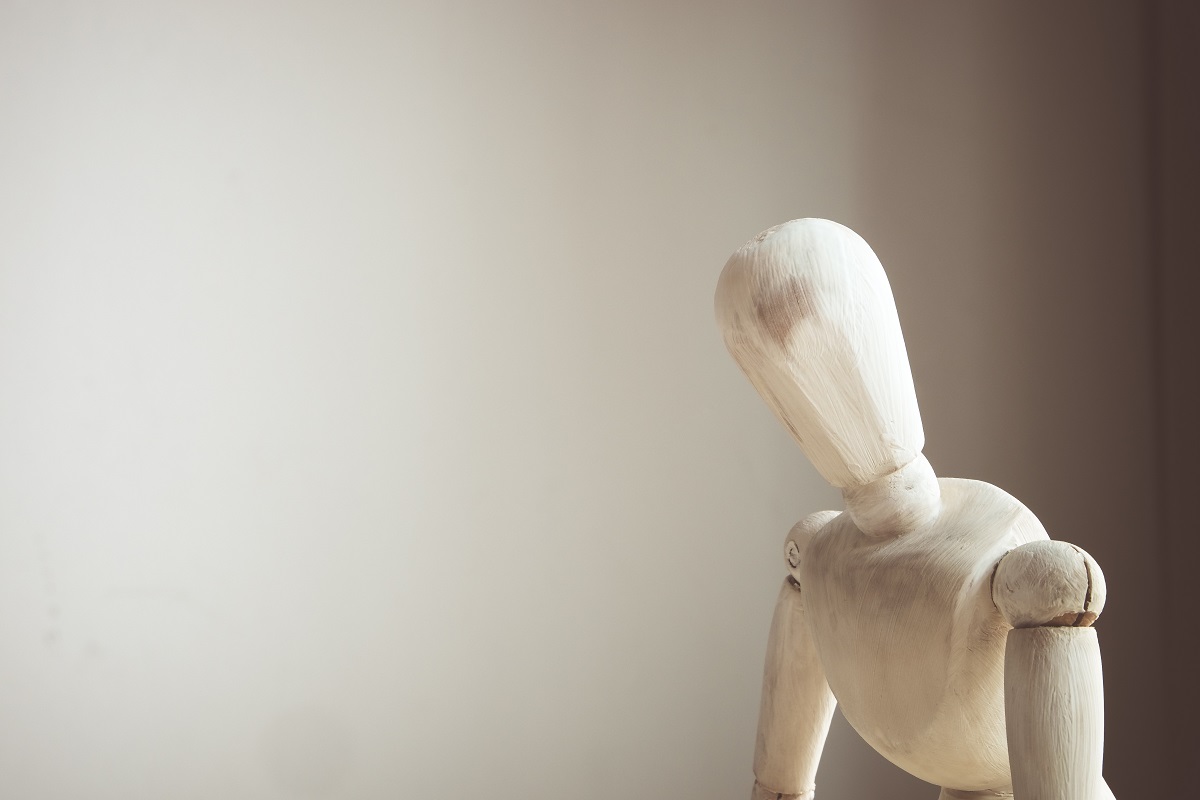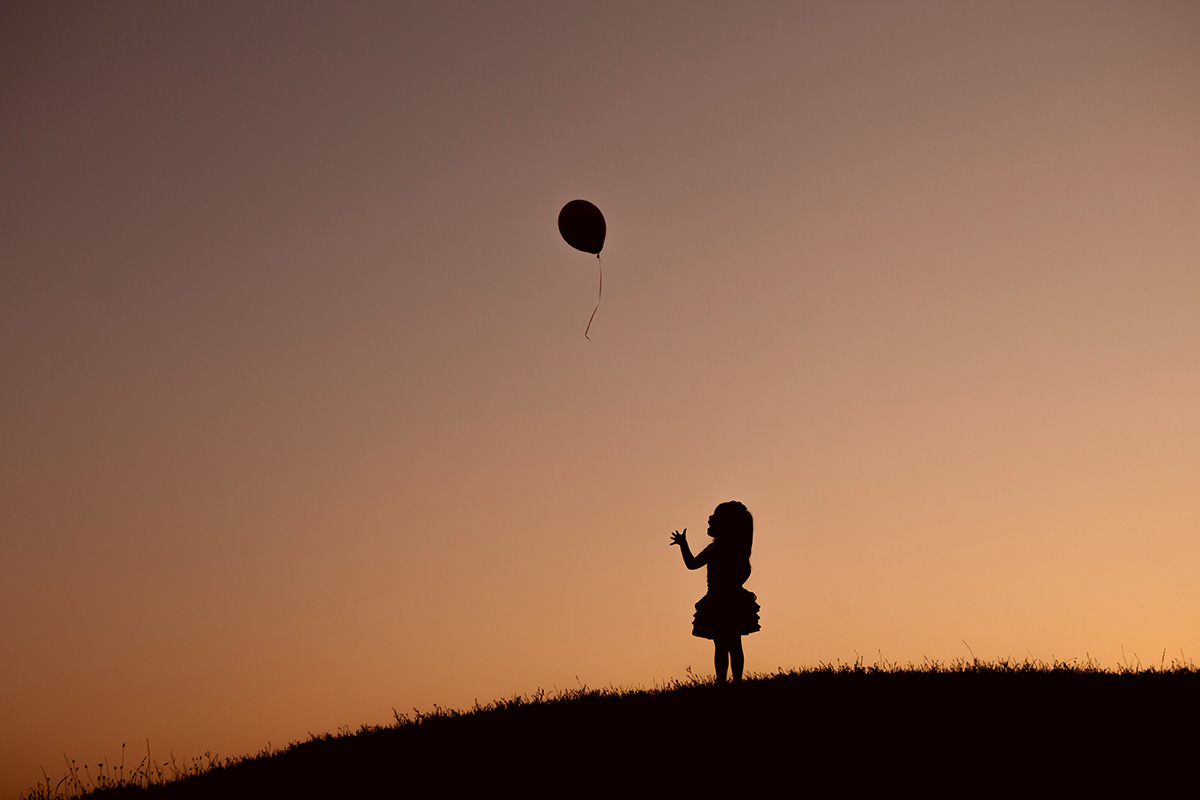

Thaumazein: Don’t Forget To Wonder
By Associate Professor Jude Chua Soo Meng
Recently, I revisited some of Aristotle’s writings on how philosophy begins. Philosophy is at times euphemised as ‘critical thinking’ because of the unfortunate perception that philosophy tends to be too self-absorbed and impractical. Whereas ‘critical thinking’ suggests many practical applications, such as the discernment of truth from falsehood, especially in today’s social media.
Yet, 'critical thinking' has the unintended side effect of narrowing the meaning of what philosophical thinking involves. Critical thinking is often associated with the technical acquisition of the axioms and moves – much like playing chess where with sufficient drilling, one could learn to take on many different moves from the opponent. Philosophy, on the other hand, is more than that. It is not a mere skill but also includes a comportment with important and lasting benefits for one’s life and well-being.
Consider Aristotle’s reference to wonder in his Metaphysics. There, Aristotle admitted that philosophy began with wonder, or thaumazein in Greek. He recognised that humans had the capacity to wonder – to be awed by puzzles and to pursue knowledge for its own sake – to the extent of becoming fully preoccupied in the study of the puzzle. At times, Aristotle might sound like he was referring merely to a psychological fascination with the puzzle, although I think he was really alluding to the desire to know for the sake of knowing. This was what he thought distinguished humans from other animals which pursued things purely for the sake of survival.
In a certain sense, our wonder marks that stage where our interest to know for its own sake is different from our need know to survive. Wonder marks that point in our consciousness where we are able to go beyond our primordial instincts, which bio-semiotician John Deely has termed ‘cathexis’, and aspire for other goods besides satisfying our basic biological needs.
In context, Aristotle was interested in how wonder could lead to the pursuit of speculative knowledge through a rigorous system he called ‘science’. But I think the achievement of wonder should not be restricted to the development of a thinker in abstract sciences or fields, like a mathematician or a social theorist. After all, wonder, with its detachment from the compulsion of survival needs, allows us to foreground other important needs and goals. It is reasonable to think that this would also lead to the foregrounding of what Aristotle called the first principles of practical reason, or what the Aristotelian commentator Thomas Aquinas called the ‘natural law’. These are natural rational principles that direct us to seek and pursue goods besides those necessary for sheer survival.
The Oxford moral philosopher, John Finnis, in developing Aquinas’ thought further, identified some of these goods that the ‘natural law’ directed us to pursue: knowledge, life, friendship, spirituality, truth and beauty, just to name a few.
In short, wonder does not just mark the stage of detachment that clears our way to pursue knowledge for its own sake; it also allows us to recognise the worth of pursuing other goods that inspire the human spirit and allow us to experience fulfilment apart from mere physical existence.
Grasping these truly important things is not a self-absorbed, solipsistic exercise. For instance, leadership requires an appreciation of what truly matters. As our children grow up to become future leaders, if their goal is fixated on survival at the expense of all other goods that constitute wholesome fulfilment, then all of us would be the poorer for it.
But what exactly gives rise to this sense of wonder?
I think it is not merely the exercise of confronting and resolving a puzzle or aporia. The German philosopher, Martin Heidegger, reminds us of the way in which wonder would tend to follow from our engagement with nature, which could be understood as the coming into the presence and eventually the passing away of things.
As things come into presence, say a flower blooming or a baby turning into a toddler, they become more perfect and that transformation inspires in us a sense of wonder. At other times, aesthetic scenes like a perfectly manicured golf course or a long stretch of pristine beach set against a tranquil lagoon, could inspire wonder.
This fostering of a sense of wonder, and the creation of opportunities for these ‘awesome’ experiences, are that which would be essential in a complete philosophical education alongside ‘critical thinking’. This could be something teachers or parents ought to bear in mind.
Bring our students out of the classroom and let them experience first-hand the wonders of the natural and beautiful that we have experienced ourselves, so that as they mature, they will always have a desire to seek knowledge for its own sake and gain a keen appreciation of the things that truly matter.



























